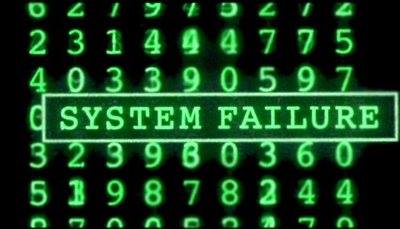My CEPA article about the intelligence vulnerability open access, open government, and open data can create if left unaddressed and not in sync with national security – The West Has Forgotten How to Keep Secrets.
From the text:
“But OSINT, like all other intelligence, cuts both ways — we look at the Russians, and the Russians look at us. But their interest is almost certainly in freely available material that’s far from televisual — the information a Russian war planner can now use from European Union (EU) states goes far, far beyond what Europe’s well-motivated but slightly innocent data-producing agencies likely realize.
Seen alone, the data from environmental and building permits, road maintenance, forestry data on terrain obstacles, and agricultural data on ground water saturation are innocent. But when combined as aggregated intelligence, it is powerful and can be deeply damaging to Western countries.
Democracy dies in the dark, and transparency supports democratic governance. The EU and its member states have legally binding comprehensive initiatives to release data and information from all levels of government in pursuit of democratic accountability. This increasing European release of data — and the subsequent addition to piles of open-source intelligence — is becoming a real concern.
I firmly believe we underestimate the significance of the available information — which our enemies recognize — and that a potential adversary can easily acquire.”




